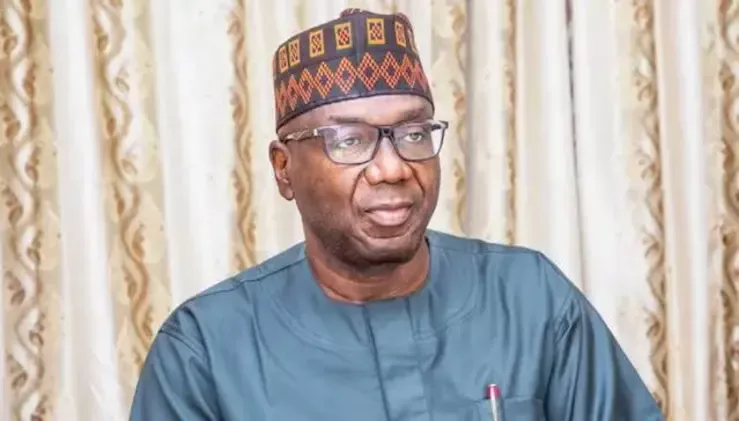The Nigerian Naira has continued its downward trend against the United States dollar, recording its second consecutive decline at the foreign exchange market on Tuesday. According to data from the Central Bank of Nigeria, the Naira weakened to N1,438.71 against the dollar, down from N1,437.2933 on Monday, representing a decline of N1.42.
This drop marks the second straight day the Nigerian currency has lost value against the dollar since the start of the week. In contrast, the black market exchange rate remained unchanged at N1,465 per dollar on Tuesday, the same rate as the previous day.
Despite the Naira’s decline, Nigeria’s external reserves have continued to rise, reaching $43.37 billion as of November 10, up from $43.35 billion on November 7. This increase in reserves is a positive development for the country’s economy, as it provides a buffer against external shocks and supports the stability of the Naira.
The decline of the Naira against the dollar is a significant development, as it can impact the cost of imports and inflation in Nigeria. The country relies heavily on imports, and a weaker Naira makes these imports more expensive, which can lead to higher prices for consumers.
The foreign exchange market is a critical component of Nigeria’s economy, and the Naira’s performance against the dollar is closely watched by investors, businesses, and individuals. The Central Bank of Nigeria has been working to stabilize the currency and improve the country’s economic outlook.
As the Naira continues to fluctuate against the dollar, it is essential to monitor the developments in the foreign exchange market and their impact on the Nigerian economy. The country’s economic stability and growth are closely tied to the performance of its currency, and any significant changes can have far-reaching consequences.



